HVAC Smell? Identify the Odor & Find Solutions Quickly
Noticing an unusual HVAC smell coming from your air conditioning system can be alarming and unpleasant. Whether it’s a musty smell, burning odor, or something resembling rotten eggs, these air conditioning odors often signal underlying issues that require immediate attention.
Understanding what different air conditioner smells mean helps you determine whether you’re dealing with a simple maintenance issue or a potentially dangerous problem.
This comprehensive guide explores common HVAC unit smells, their causes, and actionable solutions to help you breathe easier and maintain optimal indoor air quality throughout your home.
Understanding Common HVAC Smell Types
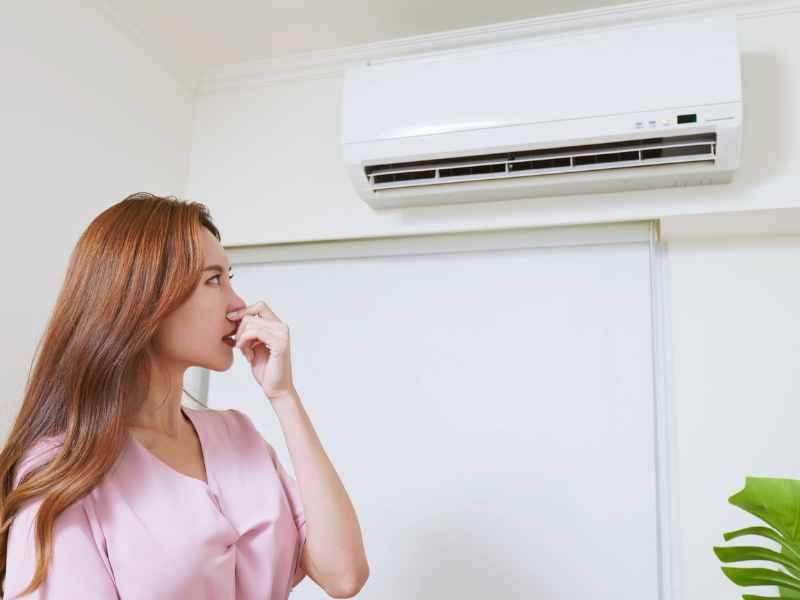
Every HVAC smell tells a story about your system’s condition. Air conditioning smells range from harmless dust burning off during first use to serious issues like natural gas leaks requiring immediate evacuation. Recognizing these odors and understanding their implications helps you respond appropriately and protect your home and family.
When your air conditioner’s smell becomes noticeable, it’s rarely just an inconvenience. Most air conditioning odors indicate that your HVAC system needs attention, whether through simple filter replacement or professional inspection. The key is identifying the specific smell and understanding what it means for your heating and cooling equipment.
The Most Common Air Conditioning Odors
| Smell Type | Description | Urgency Level | Typical Cause |
|---|---|---|---|
| Musty/Moldy | Damp, earthy odor like dirty socks | Moderate | Mold and mildew growth |
| Burning | Electrical or dust burning scent | High | Electrical issues or dust buildup |
| Rotten Eggs | Sulfur-like smell | EMERGENCY | Natural gas leak |
| Sweet/Chemical | Acetone or ether-like odor | High | Refrigerant leak |
| Exhaust Fumes | Car exhaust or oil smell | High | Oil leak or mechanical failure |
| Decomposition | Rotting or trash-like smell | Moderate | Dead animal in the system |
Why Your AC Smells Musty: Mold and Mildew Issues
The most common air conditioner smell homeowners encounter is a musty smell reminiscent of dirty socks or mildew. This unpleasant odor typically indicates mold and mildew growth somewhere within your air conditioning system. When excess moisture accumulates in dark, cool areas of your HVAC unit, it creates ideal conditions for mold and mildew to thrive and spread throughout your home.
AC smells musty. Problems develop from several sources:
- Dirty or clogged air filters are restricting airflow
- Moisture buildup on evaporator coils
- Standing water in the drain pan
- Blocked condensate drain lines
- High humidity levels combined with poor ventilation
- Contaminated ductwork harboring mold spores
Your air conditioning unit naturally produces condensation as it removes humidity from indoor air. When this moisture doesn’t drain properly or airflow becomes restricted, it creates breeding grounds for mold and mildew growth. The blower motor then circulates these mold spores throughout your home, compromising indoor air quality and potentially causing respiratory infections and other health issues.
Burning Smell from Your Air Conditioner
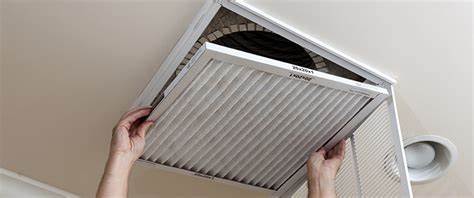
A burning smell from your air conditioning system requires immediate attention, though not all burning odors indicate the same level of danger. Understanding the context and characteristics of the burning odor helps determine the appropriate response.
First-Time Seasonal Use
When you first turn on your furnace or heating system after months of inactivity, a brief burning smell is normal. Dust accumulates on heating elements during the cooling season, and when the system activates, this dust burns off, creating a temporary odor. This smell should dissipate within 20-30 minutes. If it persists beyond this timeframe, investigate further or call an HVAC professional.
Electrical Odor and Dangerous Issues
An electrical odor resembling burning plastic, gunpowder, or melting wires signals serious problems requiring immediate action. This burning smell could indicate an overheated motor or blower motor failure, short-circuited electrical components, melting wire insulation, frayed or damaged wiring, or overloaded circuits.
If you detect a strong electrical burning smell, take immediate action:
- Turn off your HVAC system immediately
- Shut off the power at the breaker
- Call an HVAC technician right away
- Contact the fire department if you see smoke or flames
Electrical issues pose fire hazards and require professional diagnosis and repair. Never ignore persistent burning odors or attempt repairs on electrical components without proper training. Burning smells combined with smoke, sparks, or flames require immediate fire department response—evacuate and call 911 without investigating the source.
Rotten Egg Smell: Natural Gas Leak Emergency
A rotten egg smell or sulfur odor from your HVAC unit represents a potentially life-threatening emergency. Natural gas is actually odorless, but utility companies add mercaptan—a chemical that produces the distinctive rotten eggs smell—to alert people to dangerous gas leaks. This safety measure helps detect leaks before they cause explosions or carbon monoxide poisoning.
Natural gas leaks can cause nausea, headaches, dizziness, and breathing difficulties. In high concentrations, natural gas is explosive and can lead to fires or explosions. At extremely high levels, gas displaces oxygen, causes unconsciousness, and creates life-threatening situations. Never delay when you suspect a natural gas leak—this dangerous issue demands instant evacuation and professional response.
Step-by-step emergency response for gas leaks:
- Evacuate immediately – Get everyone out of the building
- Don’t touch electrical switches – Sparks can ignite gas
- Leave doors and windows open as you exit
- Move to a safe location away from the building
- Call the gas company or utility company emergency line from a safe distance
- Contact 911 if anyone shows symptoms of gas exposure
- Don’t return until professionals declare it safe
Air Filter Issues and HVAC Smell
Your air filter plays a crucial role in preventing various air conditioning odors. A dirty or clogged filter doesn’t just restrict airflow—it creates conditions where odors develop and spread throughout your home. HVAC filters should be inspected monthly and replaced every 1-3 months, depending on usage and environmental conditions.
How Dirty Filters Create Smells
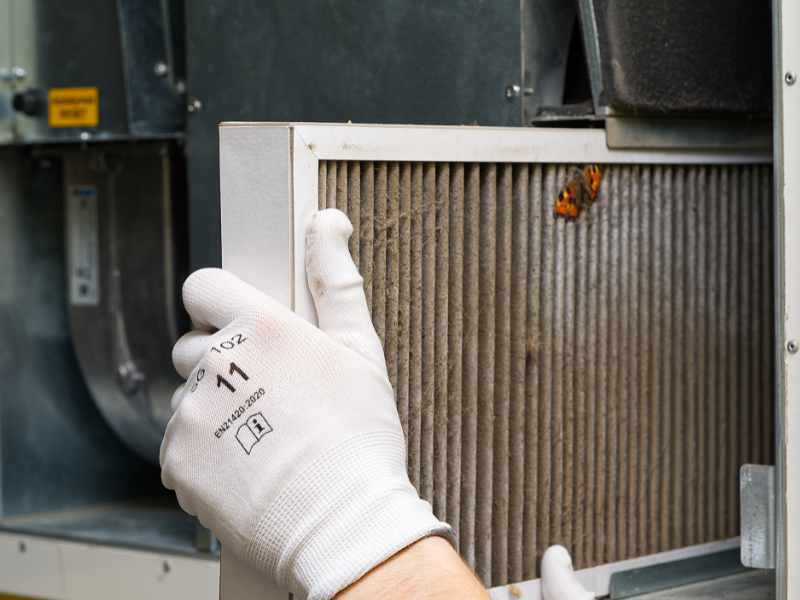
Clogged filters trap moisture along with dust, creating perfect conditions for mold buildup and bacterial growth. This trapped moisture can cause a musty smell that permeates your entire home. Additionally, restricted airflow forces your system to work harder, potentially causing components to overheat and produce burning odors.
Signs your air filter needs immediate replacement:
- Visible dirt, dust, or discoloration
- Reduced airflow from vents
- Musty or stale smell when the system runs
- Increased energy bills
- The system runs longer cycles
Regular filter maintenance stands as the simplest, most cost-effective way to prevent many common air conditioning smells and maintain healthy indoor air quality. Consider upgrading to high-efficiency filters that capture smaller particles and reduce the likelihood of odor-causing contaminants.
Preventing Moisture Buildup
Proper drainage prevents most moisture-related HVAC smells. The condensate line drains water from your drain pan to the exterior or a drainage system. When this line clogs with algae, mold, or debris, water backs up and creates ideal conditions for unpleasant odor development. Professional humidification control and proper ventilation also help manage moisture levels.
Regular maintenance for drainage systems includes:
- Flushing condensate lines with vinegar and water quarterly
- Checking drain pans for cracks or overflow
- Ensuring proper slope for drainage
- Inspecting for leaks in ductwork
- Monitoring humidity levels with air quality monitors
Ductwork and Ventilation Odors
Your home’s ductwork can harbor numerous sources of strange odors. Over time, dust, debris, pet dander, and other contaminants accumulate inside ducts. When combined with moisture from condensation or leaks, these materials create musty smells that circulate throughout your home every time your system runs.
Poor Ventilation and Stale Smell
Inadequate ventilation allows odors to concentrate rather than dissipating with fresh air exchange. Poor ventilation traps stale air, cooking odors, and other smells that your HVAC system then distributes. Blocked return vents, closed registers, or insufficient fresh air intake all contribute to ventilation problems.
Furniture blocking return vents or supply vents restricts airflow and can trap moisture in specific areas, leading to localized mold growth. Ensure all vents remain unobstructed and consider professional duct inspection if smells persist despite other interventions.
When to Clean Ductwork
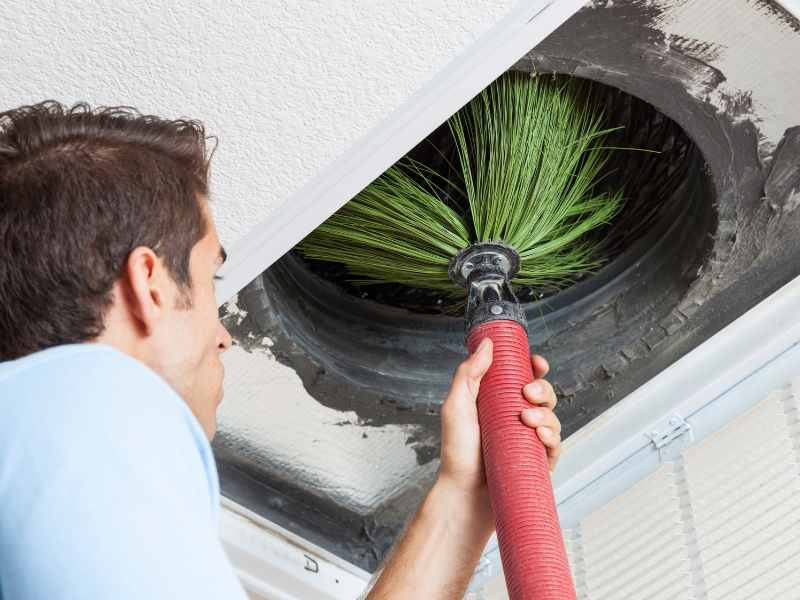
Professional duct cleaning removes accumulated debris, mold spores, and contaminants that cause persistent odors. Learning how to clean HVAC ducts helps you understand when professional service is necessary. The Environmental Protection Agency recommends duct cleaning when there’s visible mold growth, substantial debris buildup, or vermin infestation.
Consider duct cleaning if you notice:
- Visible mold growth inside ducts
- Excessive dust around vents
- Vermin or insect infestation
- The recent renovation is creating dust and debris
- Persistent musty or moldy smells despite filter changes
Regular cleaning every 3-5 years helps maintain optimal indoor air quality and prevents odor accumulation throughout your home.
Identifying Dead Animal Odors
Unfortunately, small animals sometimes seek shelter in HVAC systems during cold weather. Rodents, birds, or other creatures can enter through exterior vents or openings and become trapped. A dead animal produces an unmistakable decomposition smell—often described as garbage, trash, or extremely unpleasant rotting odor.
This smell intensifies when your HVAC system runs, spreading the odor throughout your home. The location of the deceased animal determines the difficulty of removal. Animals in accessible areas like the outdoor unit can be removed relatively easily, while those deep in ductwork require professional assistance.
If you suspect a dead animal in your system:
- Turn off the HVAC unit to stop odor circulation
- Check accessible areas like the outdoor condenser
- Inspect visible ductwork for entry points
- Call an HVAC professional for a thorough inspection
- Seal entry points after removal to prevent recurrence
Refrigerant Leak: Sweet Chemical Smell
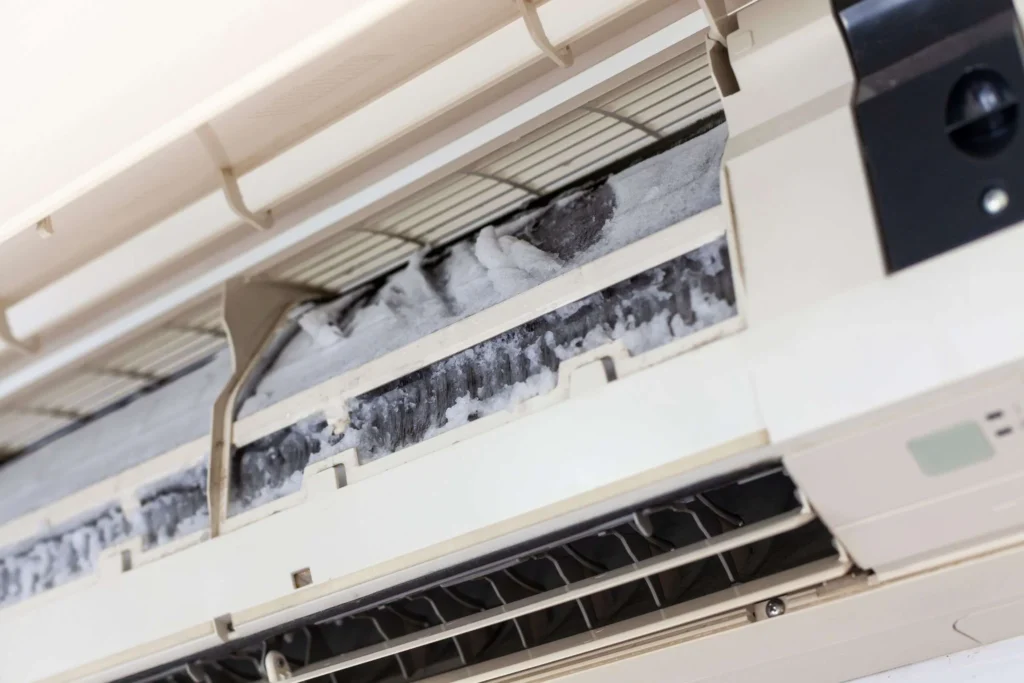
A refrigerant leak produces a sweet, chemical odor similar to chloroform or acetone. While less common than musty or burning smells, refrigerant leaks represent serious issues affecting system performance and potentially harming indoor air quality. Modern refrigerants are less toxic than older formulations, but leaks still require professional repair.
Signs of a refrigerant leak include:
- Sweet or chemical air conditioner smell
- Ice buildup on refrigerant lines
- Hissing sounds from the AC unit
- Reduced cooling performance
- Higher energy bills
Refrigerant is essential for your air conditioning system’s cooling function. Low refrigerant levels force your system to work harder, potentially leading to compressor failure—a costly repair. Never attempt to repair refrigerant leaks yourself; federal regulations require certified technicians to handle refrigerant. Contact an HVAC professional right away if you suspect a leak.
Preventing HVAC Smell Through Regular Maintenance
Regular maintenance prevents most air conditioning odors before they develop. Proactive care maintains your system’s efficiency, extends equipment life, and ensures healthy indoor air throughout your home.
Essential Maintenance Schedule
| Task | Frequency | Purpose |
|---|---|---|
| Filter Inspection | Monthly | Prevent airflow restriction and mold growth |
| Filter Replacement | Every 1-3 months | Maintain air quality and system efficiency |
| Drain Line Flush | Quarterly | Prevent clogs and standing water |
| Professional Tune-Up | Annually (spring for AC, fall for heat) | Comprehensive system inspection and cleaning |
| Duct Inspection | Every 3-5 years | Remove accumulated debris and check for leaks |
| Coil Cleaning | Annually | Prevent mold buildup and maintain efficiency |
When to Call an HVAC Professional
While some HVAC smell issues resolve with basic maintenance, many situations require professional expertise. Knowing when to call an HVAC technician prevents small problems from becoming major repairs and protects your family from health hazards.
Contact an HVAC professional immediately if you experience:
- Persistent burning smell or electrical odor lasting beyond initial startup
- Any rotten egg smell or suspected gas leak (after evacuating and calling the gas company)
- Musty smell that doesn’t improve after filter replacement
- Sweet chemical odors indicate refrigerant leaks
- Exhaust smell or oil leak from heating components
- Strange odors accompanied by reduced performance
- Visible smoke or unusual sounds from the HVAC unit
Professional HVAC technicians have specialized tools and training to diagnose complex odor sources. They can safely clean evaporator coils, repair drainage systems, seal ductwork leaks, and address electrical issues that homeowners shouldn’t attempt. For comprehensive service and expert diagnosis, consider Callidus Air for professional HVAC solutions.
Conclusion
Understanding and addressing HVAC smell issues protects your health, preserves your system, and maintains comfort throughout your home. From musty smells indicating mold and mildew to dangerous burning odors and gas leaks, every air conditioning smell provides important information about your system’s condition. Regular maintenance, prompt attention to problems, and professional service when needed ensure your HVAC system operates efficiently while delivering clean, odor-free air.
Don’t ignore persistent air conditioning odors or gamble with your family’s safety. Whether you’re dealing with a musty smell from your AC, burning odors, or any other unpleasant scents, professional help ensures proper diagnosis and effective solutions. Contact us today for expert HVAC service that eliminates odors and restores healthy indoor air quality to your home.
Frequently Asked Questions About HVAC Smell
Why does my HVAC smell musty when I first turn it on?
A musty smell indicates mold and mildew growth on the evaporator coil, drain pan, or ductwork. Moisture accumulates during periods of non-use, creating ideal conditions for mold. Replace your air filter and schedule professional maintenance if the smell persists beyond a few hours.
Is a burning smell from my air conditioner dangerous?
It depends. A brief burning odor during first seasonal use (dust burning off) is normal and should fade within 20-30 minutes. However, persistent electrical odors or smells like burning plastic signal serious issues requiring immediate system shutdown and professional inspection to prevent fires.
What should I do if I smell rotten eggs from my HVAC?
Evacuate immediately—this indicates a natural gas leak. Don’t touch electrical switches. Get everyone out, leave doors and windows open, and call the gas company or 911 from a safe location. Only return when professionals declare it safe.
How often should I change my air filter to prevent HVAC smells?
Inspect monthly and replace every 1-3 months. Homes with pets, smokers, or high dust need more frequent changes. Dirty filters trap moisture and create breeding grounds for mold growth, causing unpleasant odors.
Can HVAC smells make me sick?
Yes. Musty smells spread mold spores that trigger respiratory infections and allergic reactions. Gas leaks cause nausea, headaches, and dizziness. Chemical smells from refrigerant leaks irritate the respiratory system. If symptoms improve when away from home, schedule a professional HVAC inspection.
